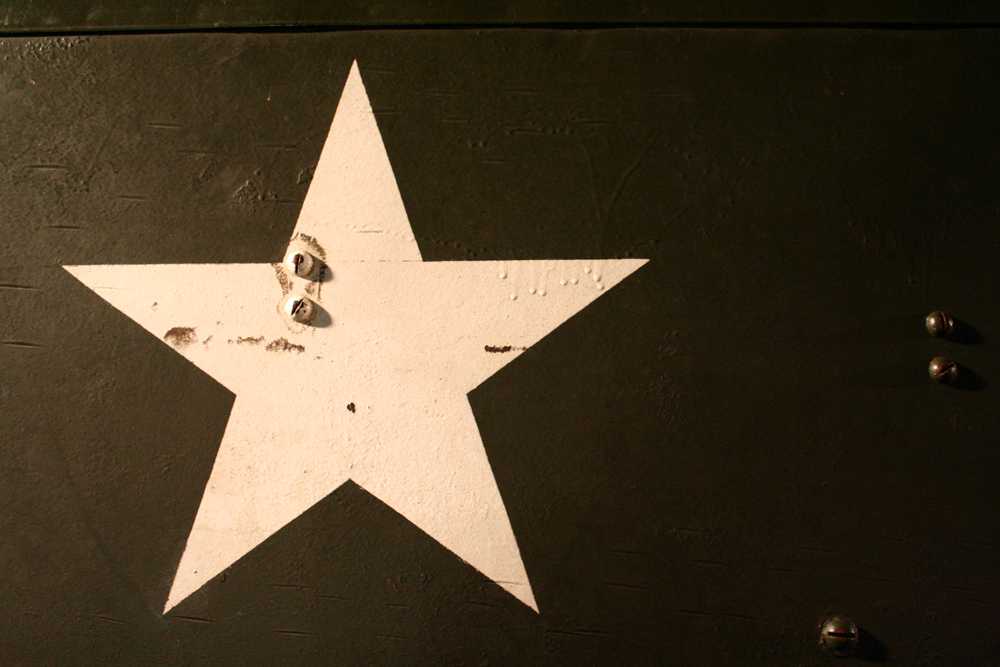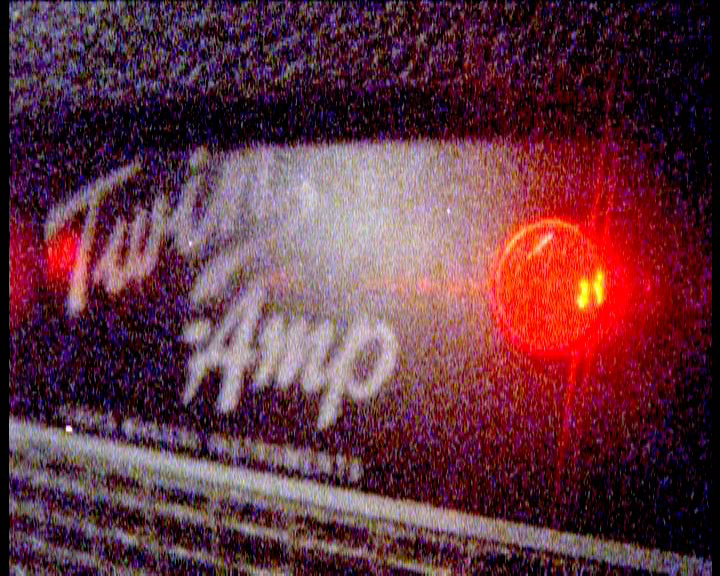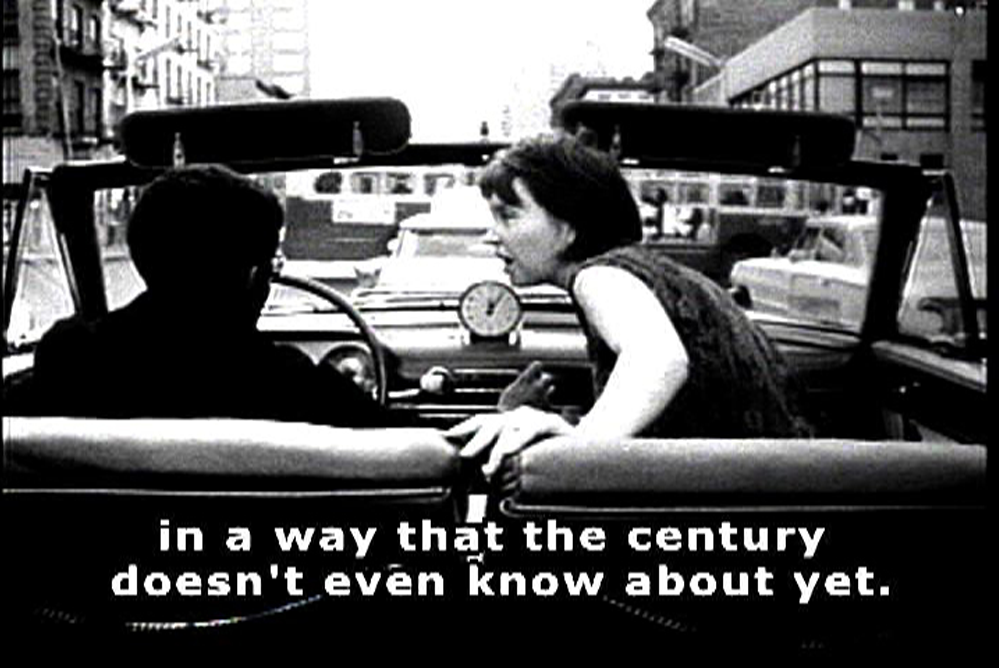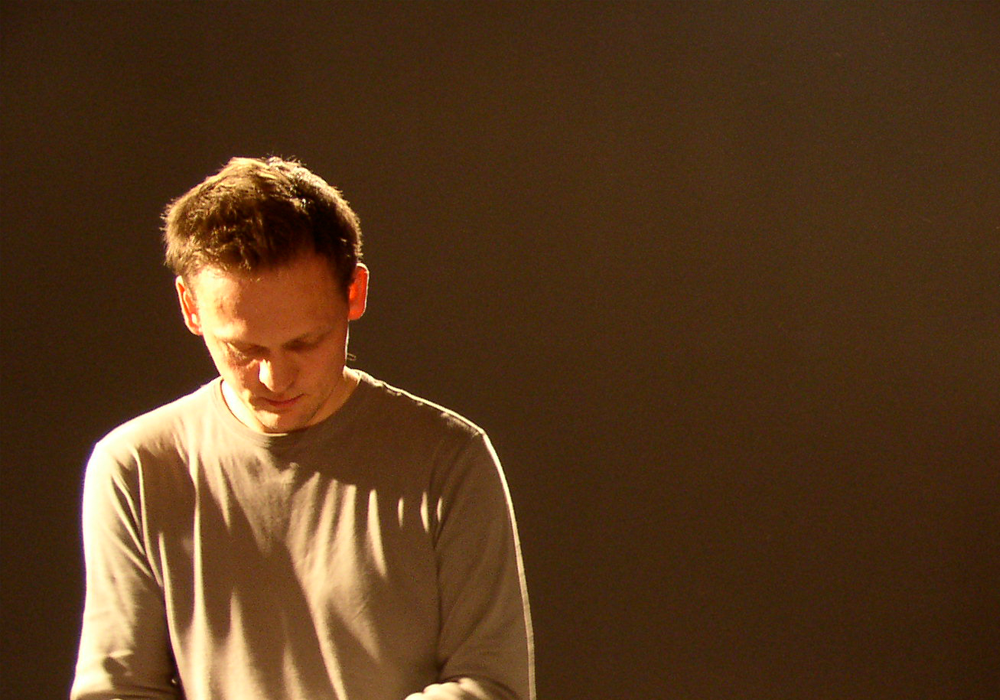
Lyness Oil Tank
Akio Suzuki John Butcher
Akio Suzuki and John Butcher performing in an abandoned oil tanker on Hoy.
Arika have been creating events since 2001. The Archive is space to share the documentation of our work, over 600 events from the past 20 years. Browse the archive by event, artists and collections, explore using theme pairs, or use the index for a comprehensive overview.

Akio Suzuki and John Butcher performing in an abandoned oil tanker on Hoy.

First in a series of workshops for workers and non-workers who care. Does work that asks us to be attentive to the needs of others force us to sell our capacity for kindness?

If life is assaulted by power, where do we find spaces for living? A conversation with Peter Pál Pelbart.

Craig will give a guided reading of his handbook of exemplary instances of literary listening and will be joined by one of the selected authors, Vanessa Place.

Profound mathematical ideas for romantics, to help us linger in the difference we share.

Freeform Super 8mm documentation of Saturday at Instal 06 by filmmaker Matt Hulse.

Killer of Sheep is an undisputed masterpiece of African-American filmmaking and one of the most poetic, perceptive dramas ever made about family and community.

A parody of a (Manhattan) road movie and meditation on bifurcation, in paths traveled between the seen and the heard; a road trip played over and over from different perspectives.

Patented 60 cycle hums, static pops, and terse electron pinpricks mutated into perfect, post-techno grooves and synaesthesic video

Trio vocal performance of a score by Achim Wollscheid with Aileen Campbell, Junko and Dylan Nyoukis.

A specially commissioned performance for organ. “The course of the stars were to be put to sound.”

4 days of performances, discussions, workshops, screenings with mutant dancers, prison abolitionist poets, transfeminist revolutionaries, haunted noise, science fiction, sex worker resistance, crip erotics, radical pornography and militant fiction.